In 2019 there are over 700,000 international students in Australia, which is up nearly 10 per cent more students compared to the same time last year.
International education is the nation’s third largest export and foreign students make up 20 per cent of all tertiary enrolments. The international student sector in Australia is booming and currently worth $32 billion a year, however foreign students’ contributions to Australia extend far beyond financial ones and their reasons for coming here are based around more than their study options.
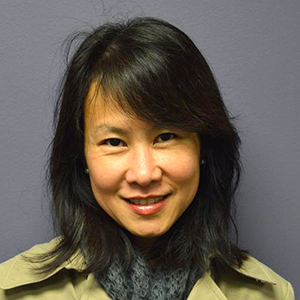
According to University of South Australia Senior Lecturer of Sociology of Education, Dr Hannah Soong, there’s a range of reasons why students choose Australia as their place of study.
“Australia’s policy of international education-migration nexus is a magnet attracting many international students to consider studying and living here,” Dr Soong says.
"Apart from desiring to graduate with a degree from Western countries such as Australia, international students are seeking ‘local’ experience in the country they are studying in.”
These experiences include interacting with or making friends with locals, experiencing Australian culture and way of life, interning or studying in an Australian setting, enjoying the Australian weather and scenery, and volunteering in local communities. These are just some of the opportunities they may not be able to experience or access if they choose to study in their home countries.
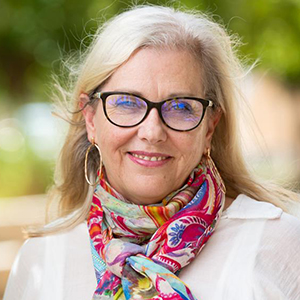
UniSA Curriculum Advisor for Diversity and Academic Integrity Andrea Duff says international students also possess a wealth of knowledge and unique worldviews which can contribute to new learning for local students.
“International students add value to the learning of domestic students by bringing in different cultural perspectives, creating a culturally diverse environment for all students,” Dr Duff says.
“It’s in everybody’s interests to support international students, and we should continue to work as a university community in the spirit of support and inclusion.”
The hope is that international student programs create a two-way exchange where both the visiting student and host country reap benefits.
Dr Soong says international students not only bring diversity to Australian universities and classrooms during group work and class discussions, they also contribute to Australian society more widely.
Dr Soong’s research has explored international students’ contributions to Australian society through volunteering in local community projects including aged care (hairdressing), at local libraries (translating), and in schools (mentoring and tutoring students).
“Not only are these experiences beneficial to local communities, they also provide our international students opportunities to learn through experiential learning.”
UniSA PhD scholar Yachong Xu, who goes by the name Simon, is originally from China and has used his experience as an international student to volunteer as a student helper, assisting new undergraduate students to become familiar with their campus.
“Using my skills as an engineer, I have also participated in a community service-learning project which helped young people develop their interests in coding, robots and other technologies,” he says.
“I taught them to use a 3D printer, program a cart, and understand the theory of electrical circuits.”
Ashley Wang, a final-year Master of Social Work student at UniSA, has also donated her time as an International Student Ambassador and U-buddy at UniSA.
She says volunteering has added “extra value” to her student experience.
“It’s helped me build my confidence, become more active, expand my social connection with people from different countries and enhance my cultural competence.”
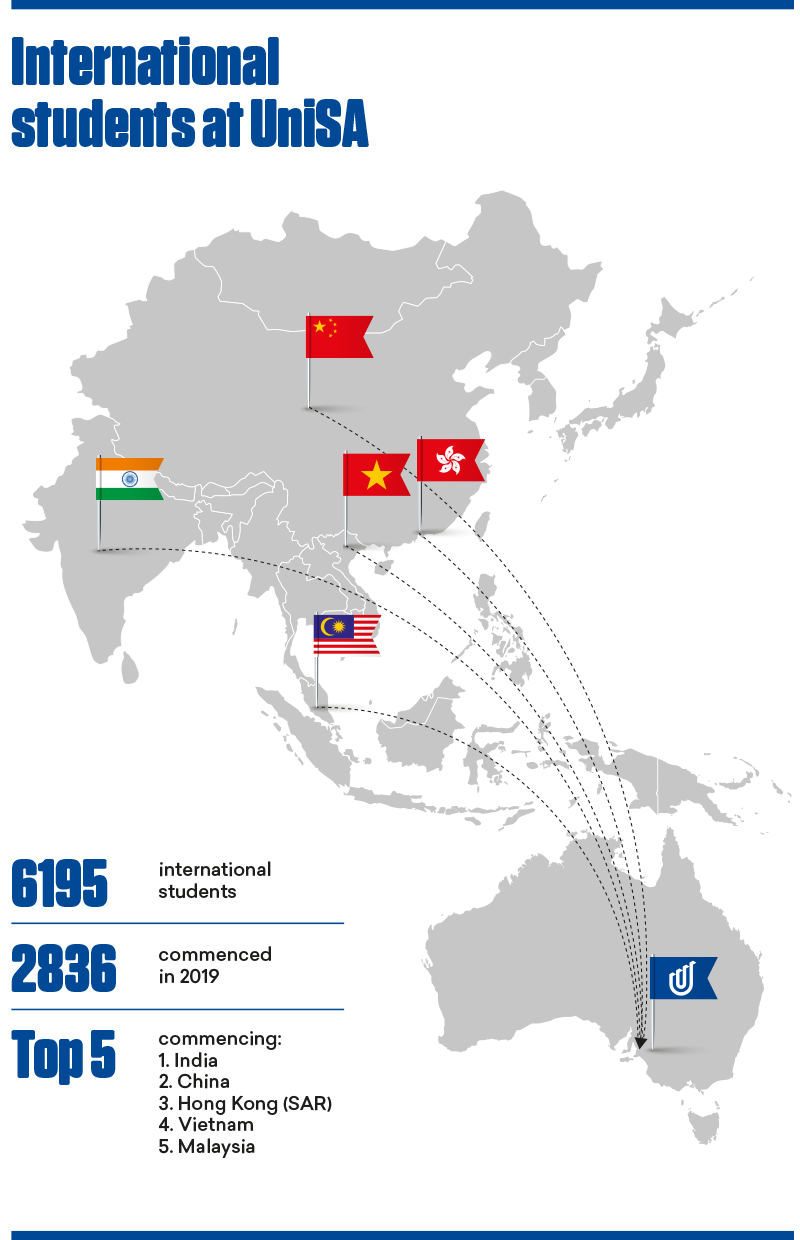
International students play an important role in Australian society and our universities, however they also take a lot from the experience through personal journeys of self-discovery and growth, leading some of them to choose to stay in Australia after completing their degrees.
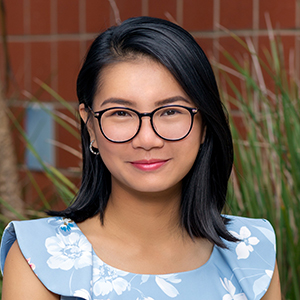
Peilin Phua, a Senior Marketing Scientist at Ehrenberg-Bass Institute for Marketing Science, is entering the second year of her PhD after initially coming to Australia on exchange in 2013.
“I was on exchange for the final year of my bachelor’s degree,” Phua says.
“However, I did an internship with the Business School and I managed to get a scholarship to work on a research project with the Ehrenberg Bass Institute.
“It was an eight-week project, that’s turned into me living here for six years and I’m still open to future opportunities in Adelaide.”
Having stayed here far longer than she originally intended, Phua says that her experiences in Australia have been “life changing”.
“As clichéd as that sounds, it has been a really good opportunity for self-growth.
“You’re placed in a new environment and are forced to make friends, which pushes you outside your comfort zone.
"Thankfully, UniSA has a lot of activities for international students and lots of support to make friends and make life a bit easier.
“It’s definitely very important and beneficial for all students to be introduced to students from other countries and to understand their different culture, language, and perspectives.”
Ashley has had a similar experience and says one of the best parts of her international study experience is that “everyone is from different countries”. Marketing Science, is entering the second year of her PhD after initially coming to Australia on exchange in 2013.
“I was on exchange for the final year of my bachelor’s degree,” Phua says.
“However, I did an internship with the Business School and I managed to get a scholarship to work on a research project with the Ehrenberg Bass Institute.
“It was an eight-week project, that’s turned into me living here for six years and I’m still open to future opportunities in Adelaide.”
Having stayed here far longer than she originally intended, Phua says that her experiences in Australia have been “life changing”.
“As clichéd as that sounds, it has been a really good opportunity for self-growth.
“You’re placed in a new environment and are forced to make friends, which pushes you outside your comfort zone.
“Thankfully, UniSA has a lot of activities for international students and lots of support to make friends and make life a bit easier.
“It’s definitely very important and beneficial for all students to be introduced to students from other countries and to understand their different culture, language, and perspectives.”
Ashley has had a similar experience and says one of the best parts of her international study experience is that “everyone is from different countries”.
“I have also met so many friendly and interesting people while studying here at UniSA,” she says.
“I’ve learned about different cultures and started to understand the world better.”
Ashley says she wants to stay in Australia to work as she believes it will provide her with the “best opportunity to develop [her] career as a social worker”.
“My passion lies in helping others and maximising the wellbeing of individuals and society.
“I want to become a school-based social worker in Australia, facilitating learning experiences and outcomes of students and ensuring a safe and inclusive school environment.”
As for Simon, he’s unsure if he’s going to stay or go. He’ll wait until he completes his PhD to assess his options. Either way, universities and Australia at large will continue to welcome international students. Regardless of where they choose to go or what they do afterwards, it’s likely to be the start of a long and rewarding relationship on both sides.
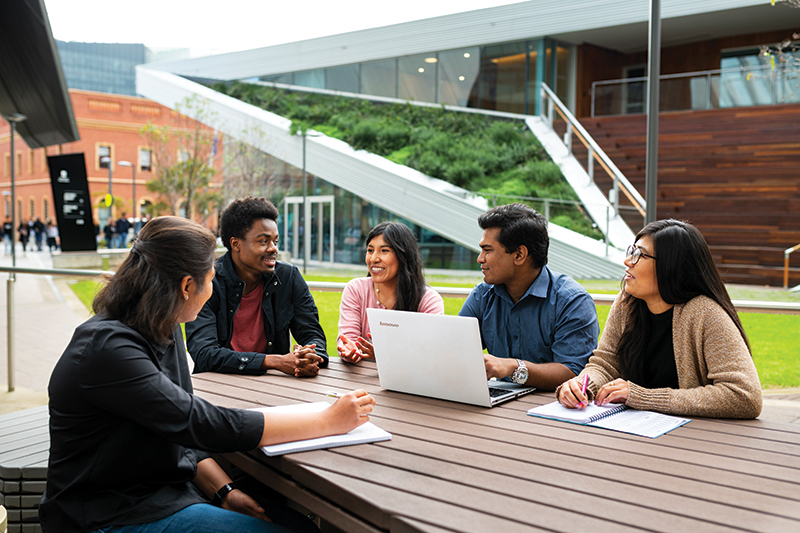
International students open doors in trade, tourism and diplomacy
Australian students benefit from the perspectives that international students bring to the classroom while graduating international students help open doors in trade, tourism and diplomacy – these are just a few of the many ways Australia benefits from international students.
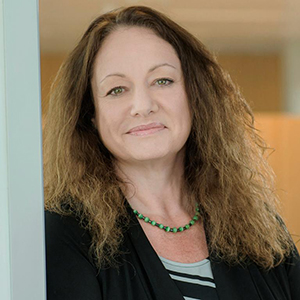
Pro Vice Chancellor for UniSA International Gabrielle Rolan says international students are an important part of Australia’s multicultural society.
“International students bring new and different cultural values and perspectives to the classroom. They provide an impetus to look at different solutions to a problem or different ways of understanding issues and that enriches learning as a whole,” she says. “Domestic students learn with classmates from India, China, Vietnam and many other countries from the region and beyond, gaining insights and forging lifelong friendships.”
These relationships have, and continue to open doors for Australia – in trade, diplomacy and national security alliances.
“This internationalisation of education is mutually beneficial and better prepares our graduates for workplaces anywhere in the world,” Rolan says.
Rolan says international students also support local businesses and help to make Adelaide a more vibrant city.
“They go to cafes, restaurants and the cinema, visit local attractions, pay rent and bills, buy food and use public transport – all of which benefits the local economy.”
A 2015 Deloitte study found international students support more than 130,000 full time jobs in Australia.
Figures from Universities Australia show more than 80 per cent of international students return to their country of origin and Rolan says many graduates become unofficial ambassadors for Australia and Adelaide, promoting the city’s benefits after completing their studies.
“We know that international students really like Adelaide’s lifestyle – it’s easy to get around, affordable and friendly. When they go home this is something they tell their family and friends – generating great promotion for the state.”
StudyAdelaide CEO Karyn Kent says there’s been rapid growth in international students choosing to make Adelaide their study destination.
“It is our hope that many will choose to live and work in Adelaide on completion of their studies in what is a win-win situation for them and the state, business and wider communities,” Kent says.
“You only have to look at Adelaide’s changing skyline to see the impact international students are having on our economy – and three more purpose-built student accommodation towers are in the pipeline. The students and their visiting friends and relatives have a major impact on the state’s retail, hospitality and tourism sectors which drives further investment and employment.
“Recent research has shown that around 40 per cent of international students volunteer in their local communities ... we thank them for enriching our lives, and in return, we must collectively do our best to embrace and support international students on their study journey.”